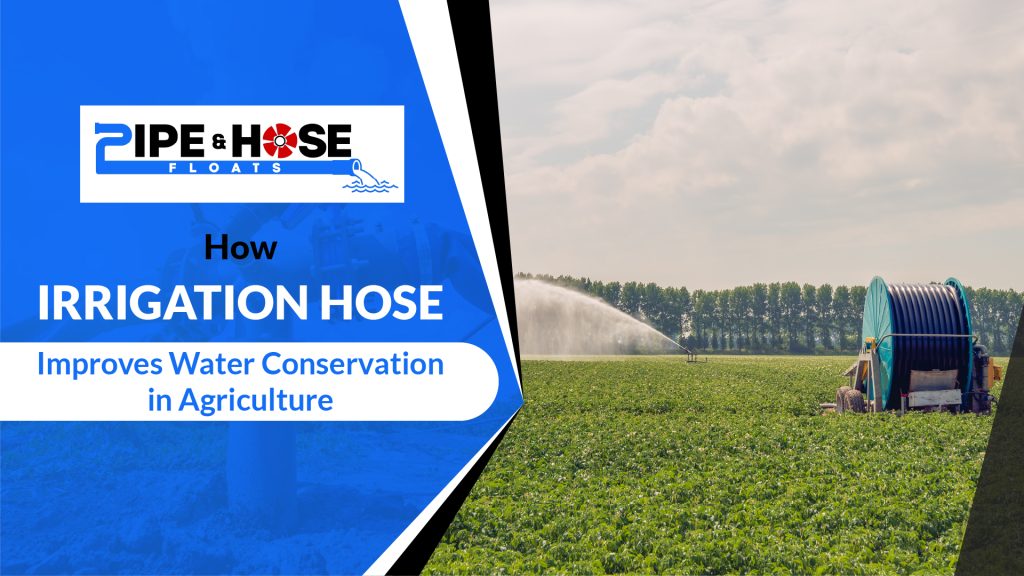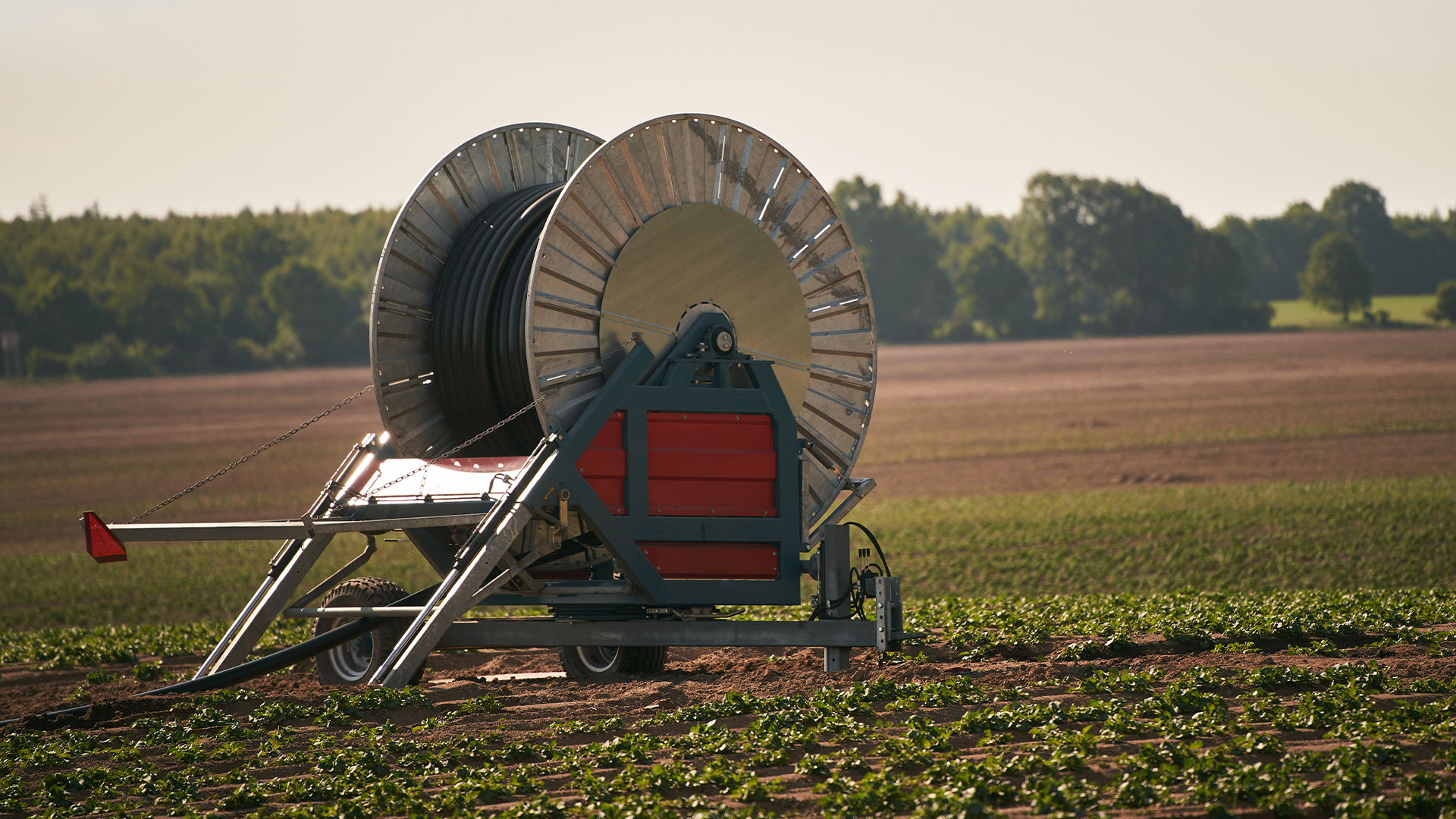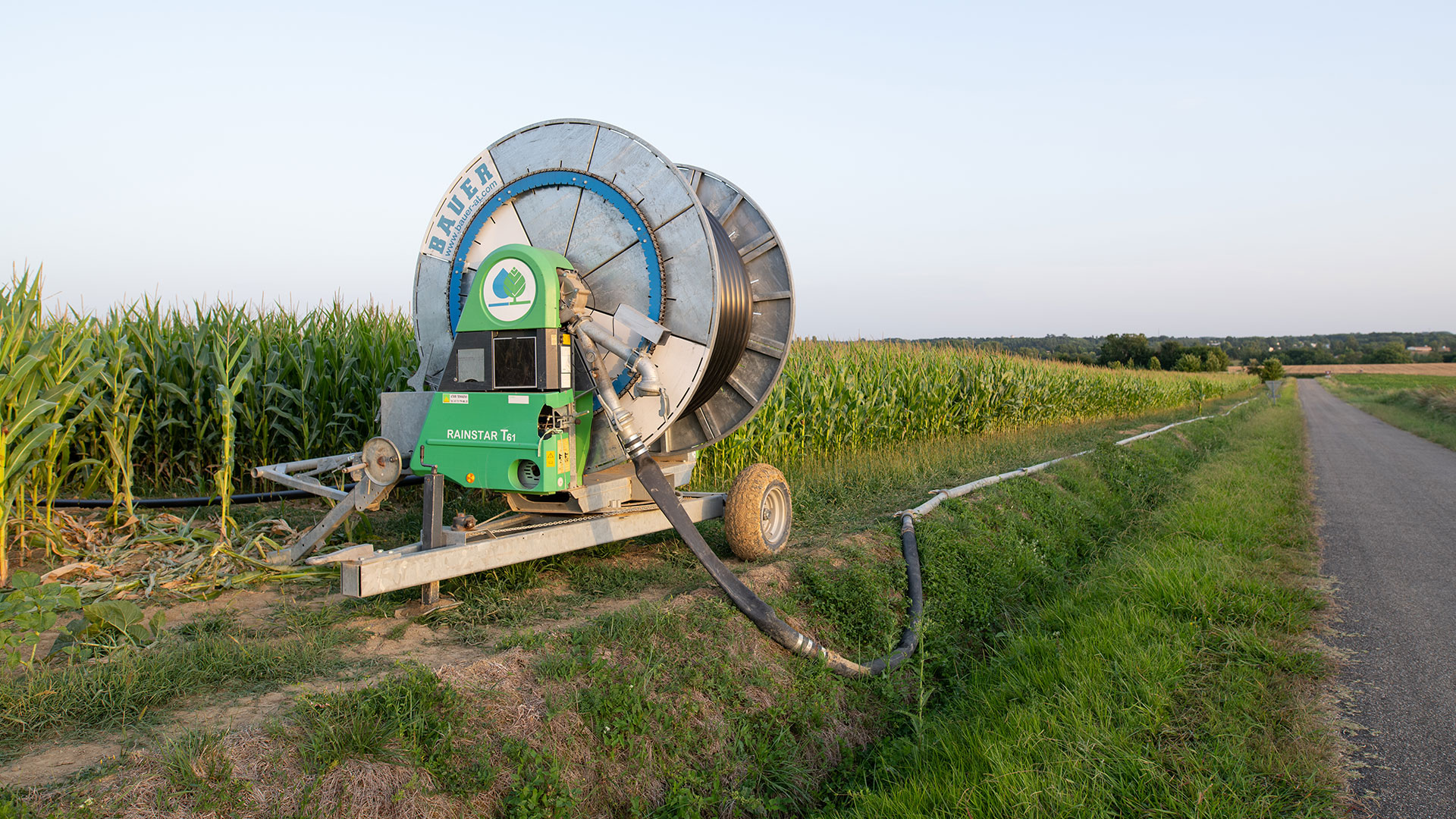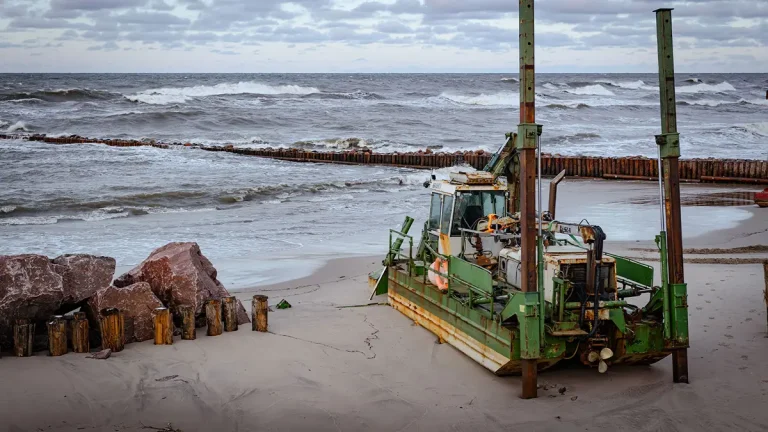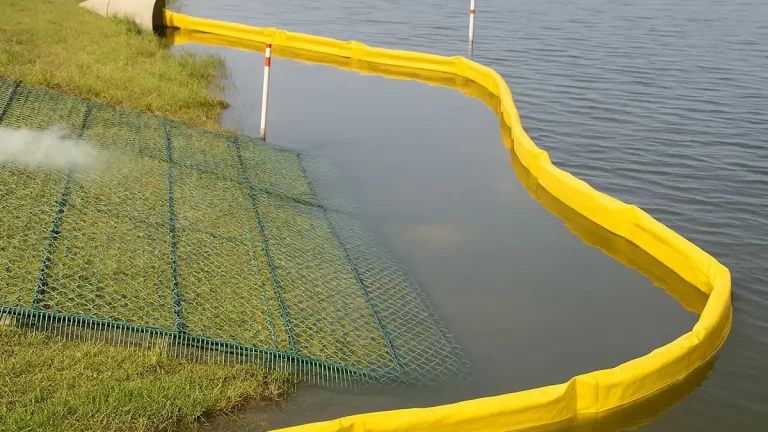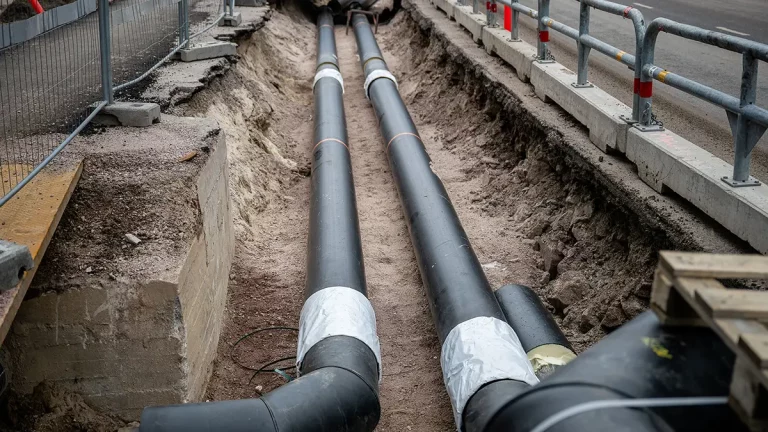Water is fundamental to agriculture and essential for cultivating healthy crops and supporting livelihoods. However, with growing concerns about water scarcity, efficient usage has become more crucial than ever. Traditional irrigation methods often result in substantial water wastage due to evaporation, runoff, and uneven distribution, making them less sustainable in the face of increasing demand.
Modern irrigation technologies, such as an irrigation hose, present an innovative solution to this challenge. These systems deliver water directly to the root zones of plants, minimizing waste while ensuring consistent hydration. By reducing evaporation and runoff, an irrigation hose not only conserves water but also promotes healthier plant growth and higher yields.
This article delves into how an irrigation hose revolutionizes water management in agriculture, offering a sustainable and efficient approach to addressing water scarcity while boosting productivity. Discover how this technology can lead the way toward a greener, more water-conscious future in farming.
Understanding Irrigation Hoses
An irrigation hose is a specialized tool designed to deliver water directly to plants in a controlled and efficient manner. These hoses come in various types, each suited to specific agricultural needs:
- Drip Irrigation Hose: Deliver water drop by drop directly to the root zone, reducing evaporation and runoff.
- Soaker Hoses: Release water slowly along their length, ideal for garden rows or landscaping.
- Micro-Sprinkler Systems: Provide a gentle spray of water, suitable for delicate plants.
To set up a functional irrigation system, components like an irrigation hose connector is essential. These connectors link hoses together or attach them to water sources, ensuring flexibility and adaptability in different field layouts.
Irrigation hose is typically made from durable materials like polyethylene or PVC, designed to withstand harsh weather conditions and extended use. Their design ensures efficient water delivery and minimizes wear and tear.
How Irrigation Hose Conserve Water
1. Targeted Water Delivery
One of the most significant advantages of an irrigation hose is its ability to deliver water directly to the plant’s root zone. By focusing the water where it’s needed most, these hoses minimize wastage caused by surface runoff and evaporation.
2. Uniform Water Distribution
Unlike traditional methods that often result in uneven watering, irrigation hoses provide consistent and uniform water distribution. This ensures all plants receive adequate hydration, preventing issues like over-watering or under-watering.
3. Customizable Flow Rates
Modern irrigation hose allows for adjustable flow rates, ensuring the precise amount of water for different crop types. With an irrigation hose connector, farmers can control the water flow to suit specific field sections, further optimizing water use.
4. Reduced Water Wastage
Traditional sprinklers can lose significant amounts of water to evaporation, especially in hot climates. In contrast, an irrigation hose delivers water directly to the soil, ensuring minimal loss. This targeted approach can save up to 70% of the water used in conventional systems.
Benefits of Irrigation Drip Hose
Irrigation drip hose offers numerous benefits beyond water conservation:
- Enhanced Plant Health: Consistent moisture levels provided by drip hoses improve root development and overall plant health.
- Prevention of Soil Erosion: Controlled water release prevents soil from washing away, maintaining nutrient levels in the ground.
- Nutrient Integration: These hoses can be used to deliver fertilizers directly to the root zone, combining hydration with nutrition for optimal growth.
- Cost-Effectiveness: Although the initial setup may require investment, the long-term savings on water and increased crop yields make drip hoses highly economical.
Key Features of Effective Irrigation Hose
When choosing an irrigation hose, consider the following features:
- Durability and Weather Resistance: High-quality materials ensure the hose can withstand extreme temperatures and prolonged exposure to sunlight.
- Compatibility with Connectors: An Irrigation hose connector should easily integrate with the system, allowing for quick and flexible assembly.
- Flexibility for Field Layouts: Hoses should be adaptable to different field shapes and sizes, ensuring efficient water delivery.
- Adjustable Drip Rates: Choose hoses that allow for variable drip rates to cater to the specific needs of your crops.
Choosing the Right Irrigation Hose
Selecting the right irrigation hoses depends on several factors:
- Type of Crops: Different plants require varying amounts of water. For example, leafy greens need more consistent hydration than drought-resistant crops.
- Soil Type and Topography: Sandy soils may require hoses with slower drip rates, while sloped terrains might benefit from soaker hoses to reduce runoff.
- Climate Conditions: In hot and dry regions, drip irrigation hose is ideal for minimizing evaporation.
Proper maintenance is also crucial for maximizing the lifespan of your irrigation system. Regularly check hoses and connectors for leaks, clean emitters to prevent clogs, and store the hoses properly during off-seasons.
Future of Irrigation Hoses in Sustainable Agriculture
The role of irrigation hoses in agriculture is set to grow as technology continues to advance. Innovations like smart irrigation systems and Internet of Things (IoT) integration are revolutionizing water management.
- Smart Irrigation Systems: Automated systems equipped with sensors monitor soil moisture levels and adjust water delivery in real-time.
- IoT Integration: Farmers can remotely control irrigation systems using mobile apps, ensuring precise watering even from a distance.
- Global Adoption: In regions facing water scarcity, An irrigation hose is becoming a key tool for sustainable farming, helping communities adapt to climate change.
As agriculture shifts towards sustainability, irrigation hoses will play a pivotal role in achieving water-efficient practices while maintaining high productivity.
Conclusion
Water conservation is no longer a choice but a necessity in modern agriculture. An Irrigation hose, with its targeted delivery, uniform distribution, and customizable flow rates, provides an effective solution for reducing water waste. Whether you’re managing a small garden or a large farm, these tools can significantly enhance your irrigation efficiency, improve crop yields, and contribute to sustainable farming practices.
Start exploring irrigation hoses and connectors today, and take the first step towards a more water-conscious and productive future in agriculture.

